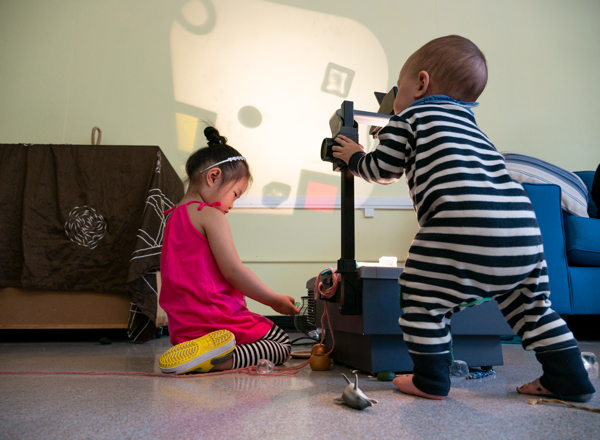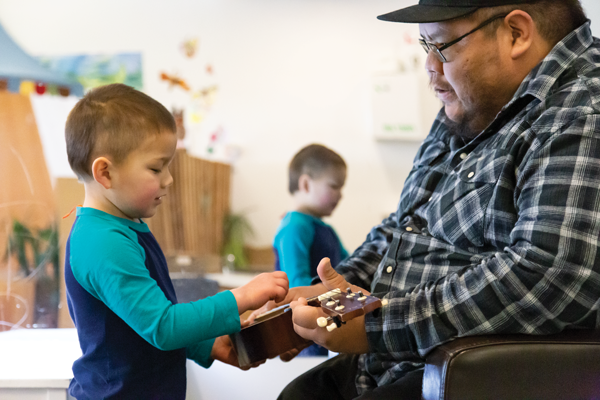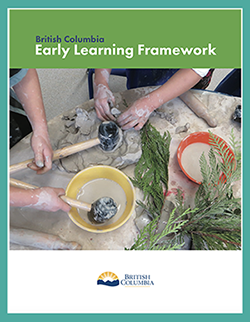Module 1: The Principles of Early Learning
Educating in the 21st Century
Educators are constantly navigating challenges, tensions, and possibilities of the 21st century. This includes navigating environmental crises, changing technologies, and social and cultural diversity.
As discussed earlier, we are all faced with environmental challenges. These include
- Climate change
- Species extinction
- Risks to our food and water supplies
- Massive migrations
Educators are considering ways to respond to these issues in their practice.

Technology has changed the way we interact with each other. It has significantly changed the way that we can access information. Children live in this technology-rich environment as consumers, creators, and producers.

What do we mean by social and cultural diversity?
First, it refers to the fact that people in B.C. come from all over the world
- Some people are new to the province
- Others are descended from those who have been here for generations and millennia
Second, family structures are varied
- Parents are the primary caregivers in many families, but families may differ in many ways
- Grandparents, older siblings, and other relatives may also play important roles.
Children grow up in a variety of family structures. These may include
- Two-parent or guardian households
- Single-parent or guardian households
- Step-families
- Adoptive families
- Foster families
- Multi-generational families
The Early Learning Framework acknowledges and supports the richness of these families.
